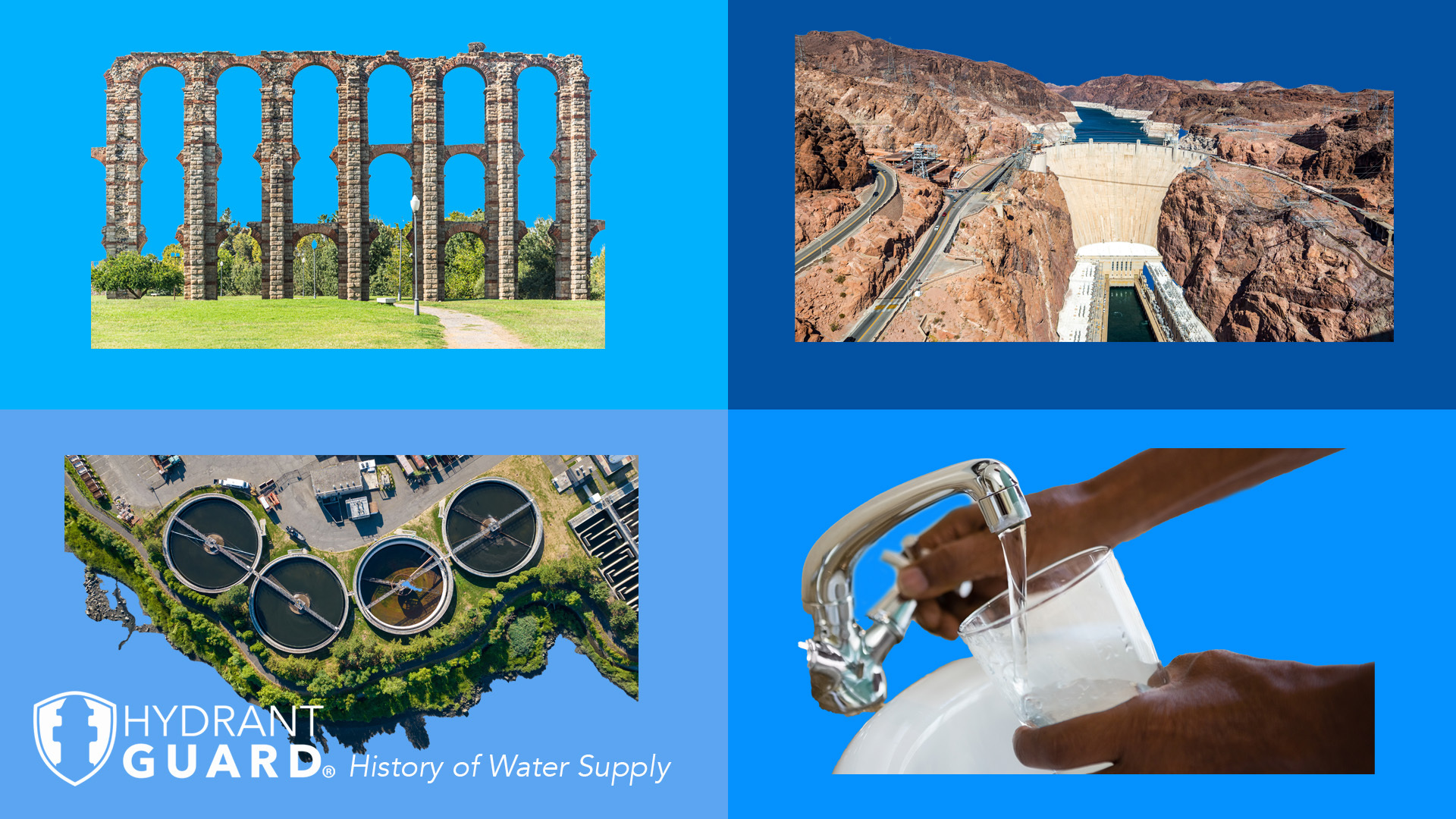History of Water Supply: Introduction
This is the first post in our History of Water Supply series

Throughout recorded history, water has played a sacred role in diverse cultures around the world. Springs, rivers, and rain have been worshipped for their role in safeguarding the ties that keep communities together. And just as an abundance of water can bring peace to a warring region, the consequences of water sources drying up and the devastation of drought are infamous destroyers of civilizations. The Mayan civilization, for example, suffered a brutal decline largely due to prolonged drought. And although there are numerous factors behind history’s catastrophic collapses, the lethal effect of drought is always one of them.
Drought and water scarcity were also major causes behind the collapse of the Late Bronze Age civilizations around 1000 BCE in the Eastern Mediterranean. But in these (rain)clouds there was a silver lining: the Ancient Greeks learned a great deal about public administration, including water management, during those times of scarcity. What emerged from the dark ages were city-states with a careful, almost scientific approach to water management. In fact, the oldest text known from the ancient world to focus specifically on water was written by Hippocrates (known as the ‘Father of Medicine’). This book, called ‘Airs, Water, and Places’ discusses the effect of various types and sources of water on human health. This kind of thinking, combined with a tireless attention to managing public resources, ensured prosperity across this region for several hundred years. The new Greek city-states did not take the endowment of natural resources like clean and abundant water for granted.
Many of us are born into a world where water supply and infrastructure are just that: taken for granted. Just as it’s good practice to stop and marvel at the complexity of the infrastructure around us, learning how we got here can help us admire the depths of work and willpower we and our ancestors have plumbed to get this far.
Stay tuned and follow the course of water’s influence over us: why has prosperity so often correlated with responsible water management? And what the past can tell us about the challenges we face today?

